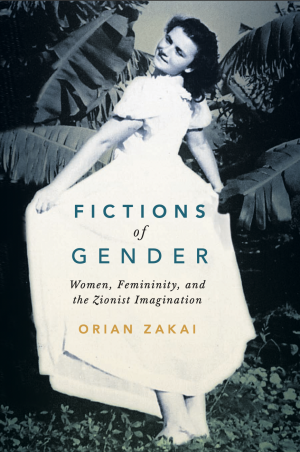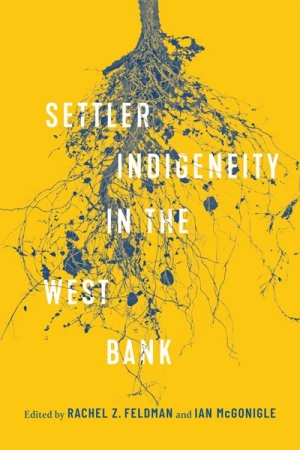Fictions of Gender
Women, Femininity, and the Zionist Imagination
Orian Zakai
In the wake of the #MeToo movement, gender scholars and activists have asked whether a reconciliation between Zionism and feminism is possible in the current political landscape. Fictions of Gender explores the contemporary controversies surrounding both Zionism and feminism, and how they are prefigured in the experiences and legacies of early Zionist women.
Drawing on extensive archival research and the rarely studied corpus of published and unpublished creative, biographic, and essayistic writings by Zionist women throughout the intense first eighty years of the Zionist project (1880s-1950s), Orian Zakai situates Zionist women within the larger histories of colonization and the politics of ethnicity in Israel/Palestine. At the core of this study lie contemporary debates about the relationship between feminism, nationalism, and colonialism. Shifting long-standing paradigms in the scholarship on modern Hebrew literature and culture, Zakai confronts the study of gender and Zionism with the critical sensibilities of contemporary global feminism. Read both critically and compassionately, the writings of women authors and activists not only reveal lives full of contradictions but also point to cultural structures that shape the politics of Israel/Palestine to this very day.
Fictions of Gender rethinks Israeli feminism through the lens of contemporary feminism, intersectionality, and post-colonialism.




